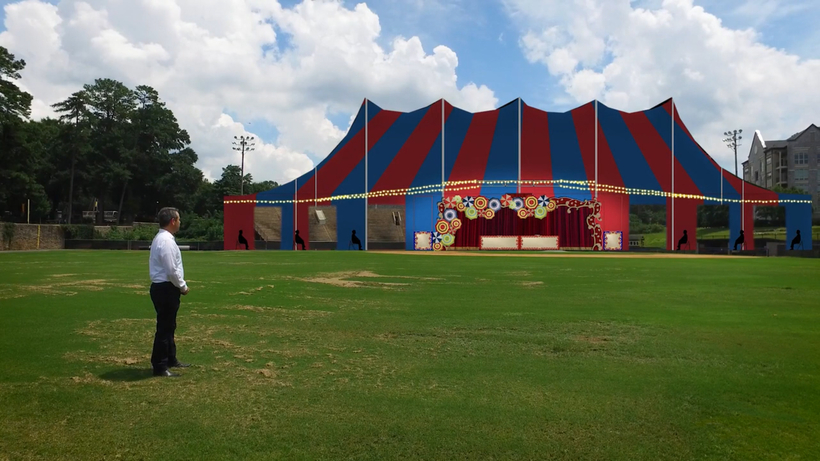Who cares about an opera company’s business model? Tomer Zvulun, the visionary general and artistic director of the Atlanta Opera, for one. “Don’t hire this guy,” Gallup warned the board of directors in 2013. “He’s not prepared.” Well, look at him now. In place of the conservative-leaning season originally announced, Zvulun has cooked up a whole new one, tailored to the pandemic. His “Big Tent” series, beginning next week, offers six experimental, open-air boutique operas for boutique audiences. Expect videos of the shows in short order.

